Edited and abridged by Vernon J. Bourke
Foreword by Etienne Gilson
Saint Augustine is often regarded as the most influential Christian thinker after Saint Paul, and City of God is his masterpiece. This synthesis of religious and secular knowledge begins as a reply to the charge that Christianity caused the decline of the Roman Empire, with Augustine showing paganism to contain within itself the seeds of its own destruction. He then proceeds to larger themes, ultimately presenting a cosmic interpretation of history in terms of the struggle between good and evil: the City of God in conflict with the Earthly City. This, the first serious attempt at a philosophy of history, was to have incalculable influences in forming European understanding of the relations of church and state and the Christian´s place in the temporal order. No book except the Bible itself had a greater influence on the Middle Ages, and even today City of God provides vital insight for understanding our world and the ideas that have shaped Western civilization.
The original City of God contains twenty-two books and fills three regular-size volumes. This edition has been skillfully abridged to make the heart of Augustine´s monumental work widely available.
Augustine of Hippo (A.D. 354-430) led the Church in North Africa in a period of political turbulence and widespread religious division, preaching widely and writing voluminous biblical commentaries and apologetics defending Christian faith against its rivals and detractors. His writing shaped the development of Christian theology during the formative fourth and fifth centuries, and even today his ideas remain widely influential as a foundational element of Western thought.
Image Classics
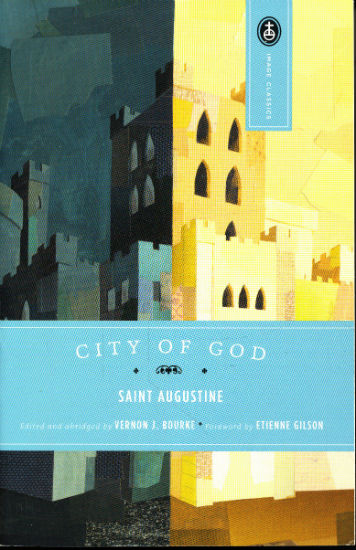
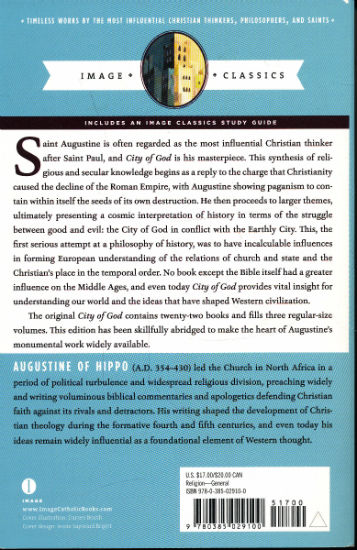

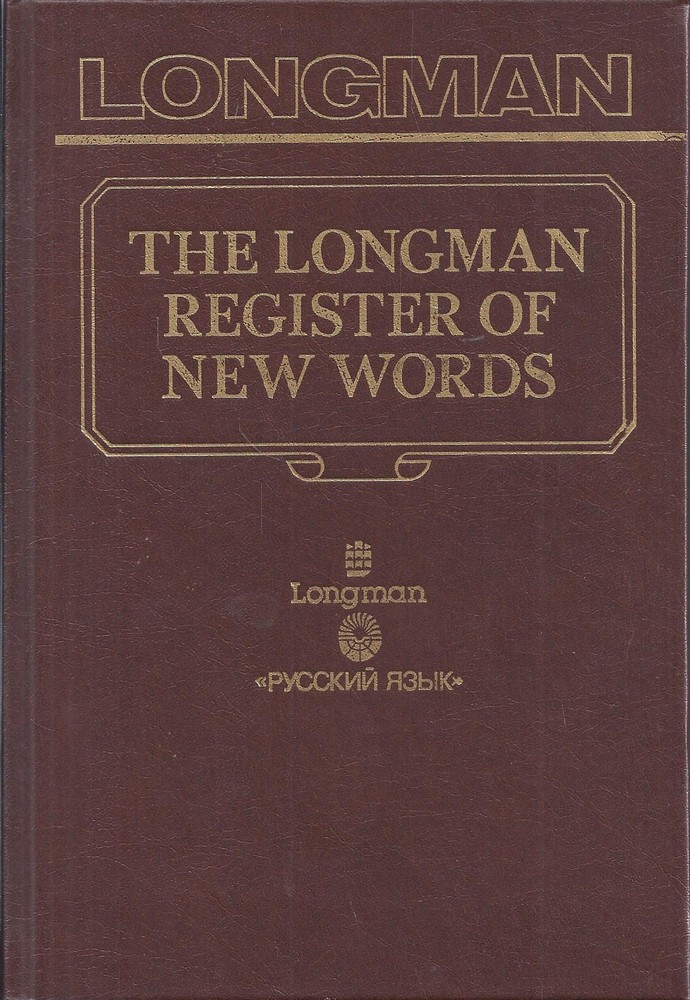
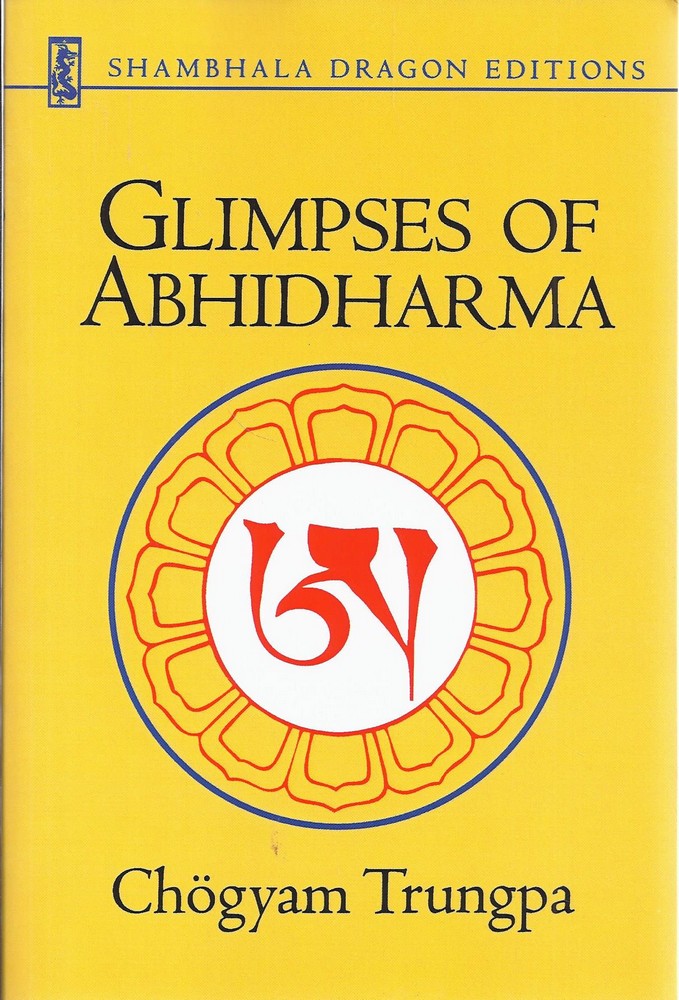
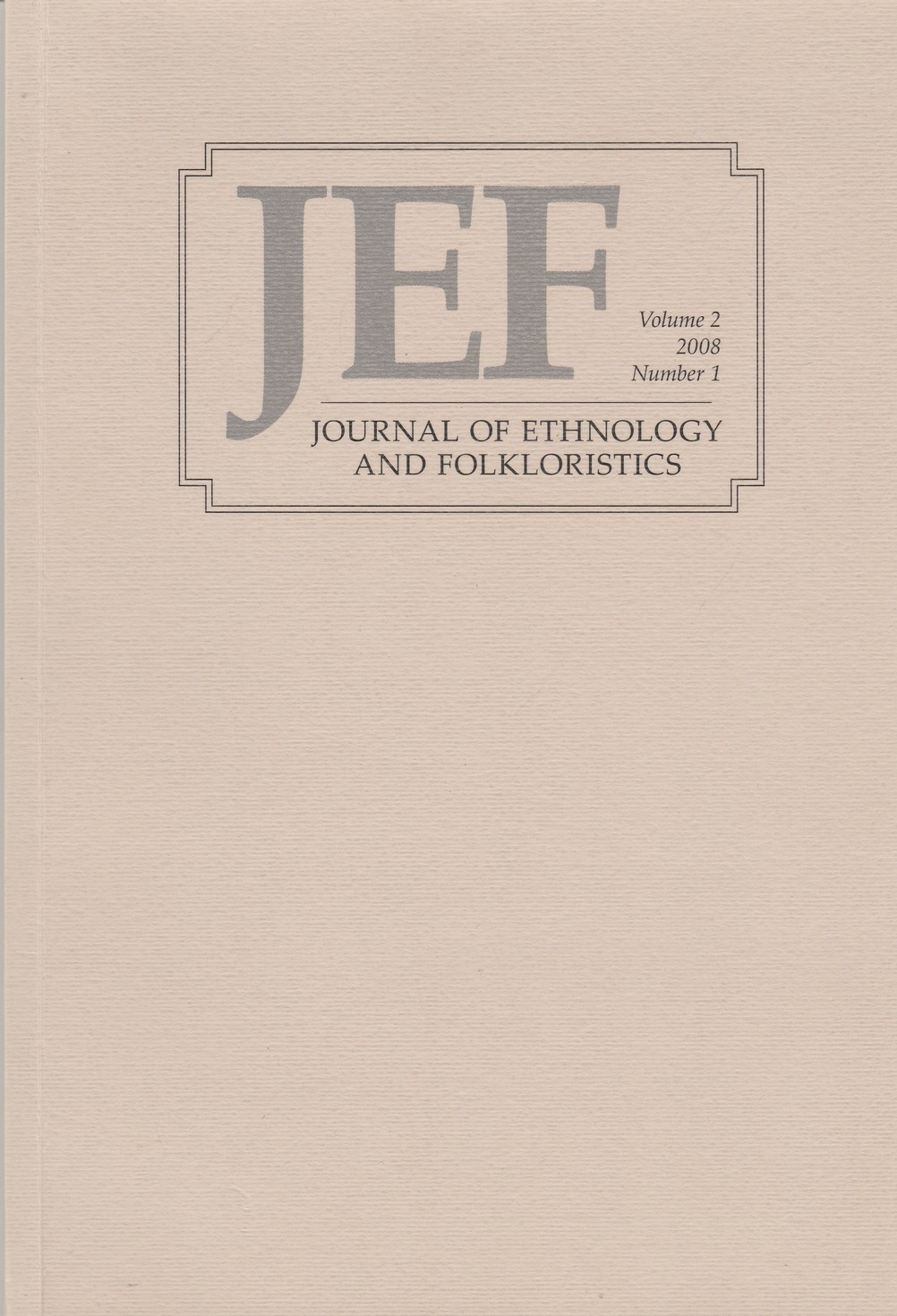
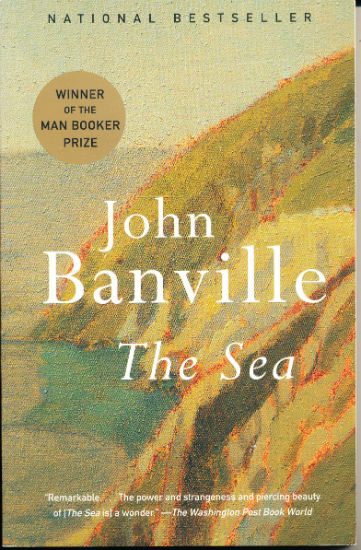
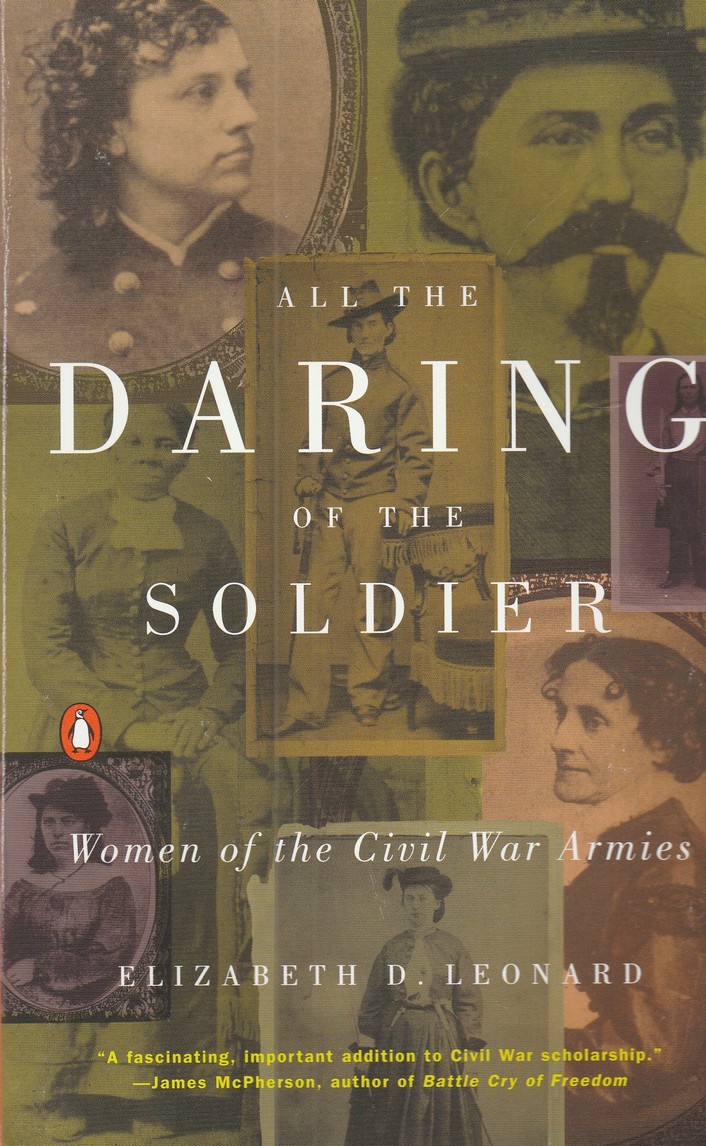

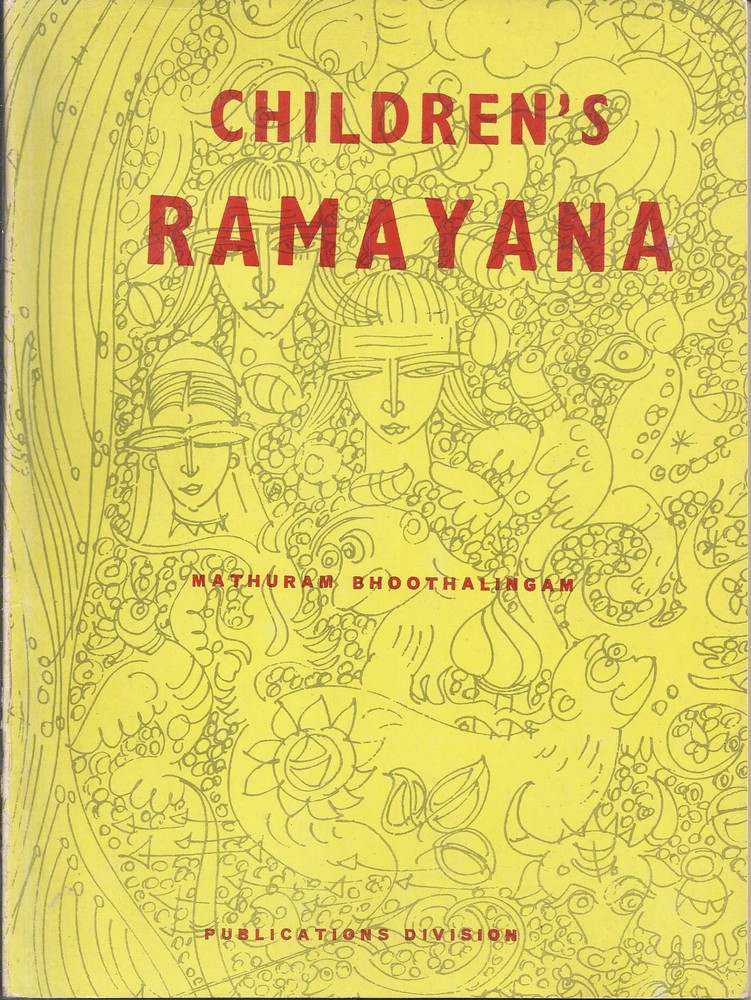
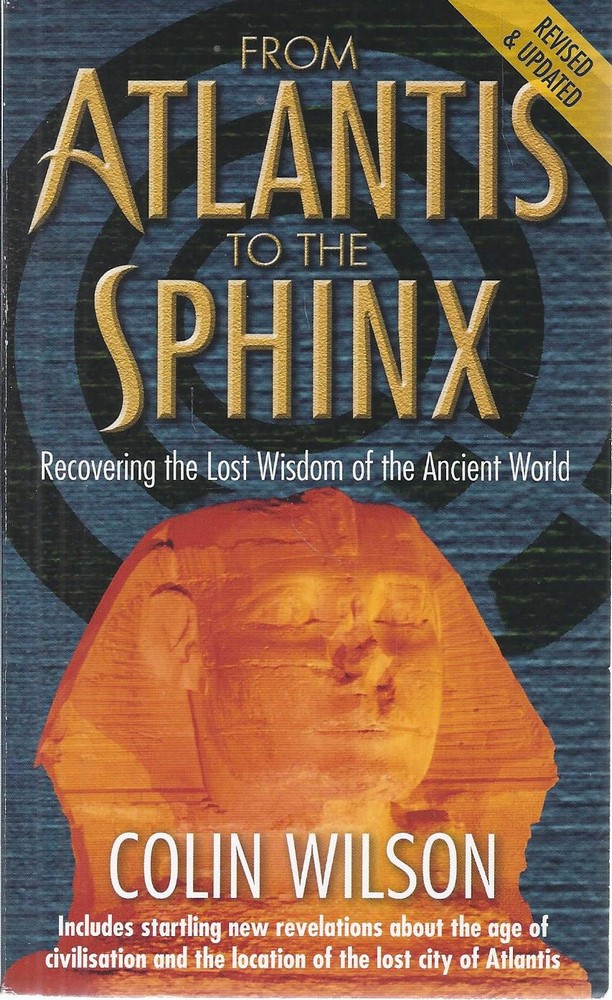
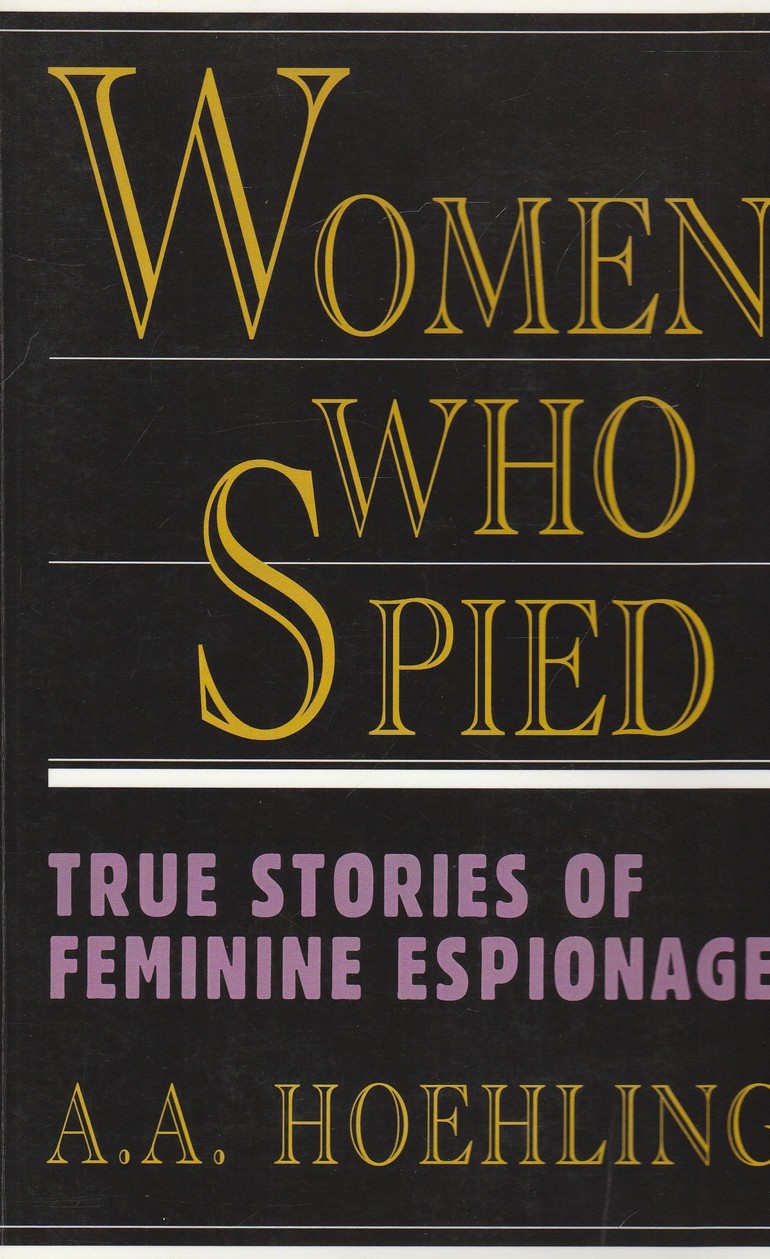

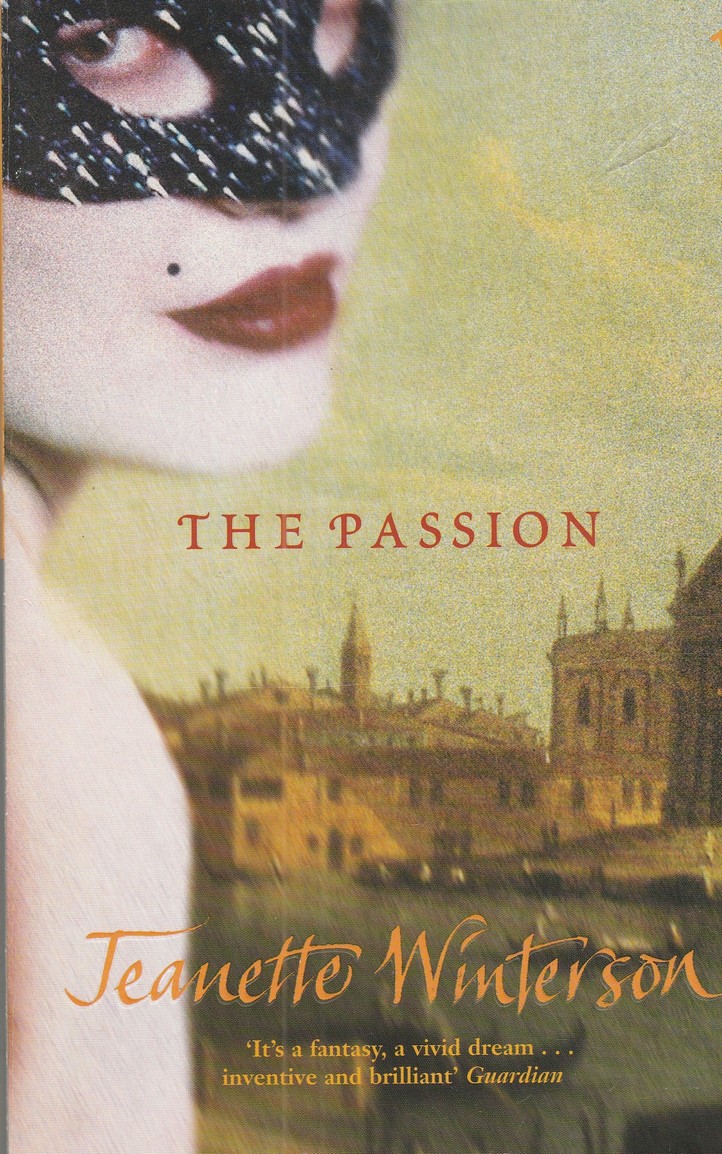







Ülevaated
Pole ühtegi ülevaadet.